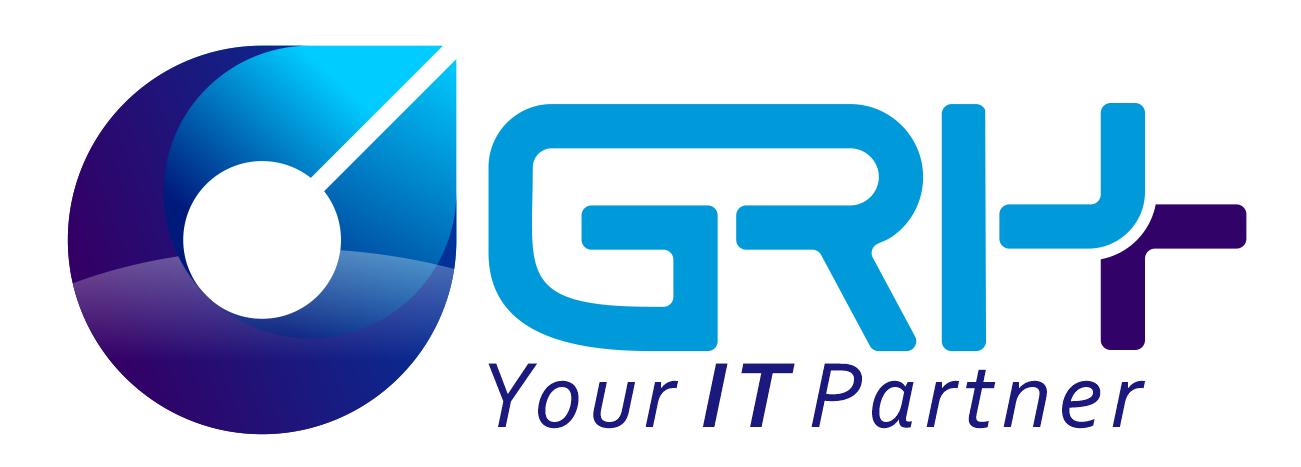The CDK Outage: Lessons in Cybersecurity and the Need for Independent Service Providers
On June 27, 2024, the world witnessed a major disruption as a widespread outage struck numerous businesses across the United States. The culprit? A sophisticated hack on CDK Global, a leading provider of integrated technology solutions to the automotive retail industry. This incident not only brought operations to a halt but also highlighted critical vulnerabilities in our dependence on centralized service providers.
The Hack and Its Impact
CDK Global serves thousands of dealerships across the country, providing essential services such as dealer management systems, CRM tools, and digital marketing solutions. The attack exploited a vulnerability in CDK's infrastructure, leading to a complete system shutdown. Dealerships were unable to access their systems, process transactions, or communicate with customers. The ripple effects were immediate and far-reaching:
- Operational Standstill: Dealerships could not complete sales, service appointments were disrupted, and inventory management came to a halt.
- Financial Losses: With systems down, revenue generation stopped. Businesses faced significant financial losses, and customers experienced delays and inconveniences.
- Data Breach Concerns:
The hack raised fears of a potential data breach, with sensitive customer information potentially at risk.
The Importance of Independent Service Providers
This incident underscores the dangers of over-reliance on a single service provider. While CDK Global's solutions are robust, their centralization means that a single point of failure can have catastrophic consequences. Here are some reasons why using independent service providers is crucial:
- Reduced Risk of Total Outage: By diversifying service providers, businesses can mitigate the risk of a total shutdown. If one provider is compromised, others can continue to function, ensuring continuity.
- Enhanced Resilience: Independent providers often have specialized expertise and tailored solutions. This diversity can enhance the overall resilience of a business's IT infrastructure.
- Competitive Edge: Relying on multiple providers fosters competition, driving innovation and improving service quality.
Layered Security: A Necessity in Today's Digital Landscape
In addition to diversifying service providers, implementing layered security measures is essential to protect against sophisticated cyber threats. Layered security involves multiple defensive mechanisms, each protecting against different types of threats. Here are key components:
- Firewall and Intrusion Detection Systems: These provide the first line of defense, monitoring and controlling incoming and outgoing network traffic based on predetermined security rules.
- Endpoint Protection: Ensuring all devices connected to the network are secure helps prevent breaches at the user level.
- Data Encryption: Encrypting sensitive data ensures that even if it is intercepted, it cannot be easily accessed by unauthorized individuals.
- Regular Updates and Patches: Keeping software up-to-date closes vulnerabilities that hackers could exploit.
- Employee Training:
Human error is a common cause of security breaches. Regular training ensures employees recognize phishing attempts and other common threats.
FTC Requirements and Their Impact
The Federal Trade Commission (FTC) has recently updated its cybersecurity requirements, emphasizing the need for stronger data protection measures across industries. These requirements include:
- Data Protection and Privacy: Businesses must implement comprehensive data protection policies to safeguard consumer information.
- Incident Response Plans: Companies are required to have detailed incident response plans to quickly address and mitigate the impact of cyberattacks.
- Third-Party Vendor Management: Organizations must evaluate and monitor the security practices of their third-party vendors to ensure they meet regulatory standards.
- Regular Audits and Assessments: Businesses must conduct regular security audits and assessments to identify and address vulnerabilities.
The CDK Global outage highlights the importance of these FTC requirements. Here’s how they will impact businesses:
- Enhanced Accountability: Companies will be held accountable for ensuring their third-party providers comply with stringent security standards, reducing the risk of breaches.
- Improved Incident Response: With mandatory incident response plans, businesses will be better prepared to handle cyberattacks, minimizing downtime and financial losses.
- Increased Transparency: Regular audits and assessments will ensure ongoing compliance with security protocols, fostering a culture of continuous improvement.
Impact on the Dental Industry and Compliance
The dental industry, like many others, relies heavily on centralized service providers for managing patient records, appointments, billing, and other critical operations. The CDK Global outage serves as a cautionary tale for dental practices and related businesses, emphasizing the need for robust cybersecurity measures and compliance with regulatory standards such as the Health Insurance Portability and Accountability Act (HIPAA).
- Patient Data Protection: Dental practices handle sensitive patient information, making them prime targets for cyberattacks. Implementing layered security measures and ensuring compliance with FTC requirements can help protect this data from breaches.
- Operational Continuity: Diversifying service providers can help dental practices maintain continuity in the event of an outage. This ensures that patient care and business operations are not disrupted.
- Regulatory Compliance:
Compliance with HIPAA and FTC requirements is crucial for dental practices. Regular audits, third-party vendor assessments, and robust incident response plans are essential to meet these standards and protect patient information.
Moving Forward: Building a Resilient Digital Infrastructure
The CDK Global outage serves as a wake-up call for businesses and IT professionals. To build a resilient digital infrastructure, it is imperative to:
- Assess and Diversify Providers: Evaluate current service providers and consider integrating independent providers to reduce the risk of a single point of failure.
- Invest in Layered Security: Implement comprehensive security measures to protect against a wide range of cyber threats.
- Develop a Response Plan: Prepare for potential disruptions with a detailed response plan, ensuring quick recovery and minimal impact on operations.
- Comply with FTC and HIPAA Requirements:
Ensure compliance with FTC regulations and HIPAA standards to enhance data protection and incident response capabilities.
Conclusion
The CDK Global hack and subsequent outage have highlighted significant vulnerabilities in our digital infrastructure. By diversifying service providers, adopting layered security measures, and complying with FTC and HIPAA requirements, businesses in various industries, including the dental sector, can better protect themselves against future attacks and ensure operational continuity. This event is a stark reminder of the importance of proactive cybersecurity strategies in safeguarding our increasingly interconnected world.












